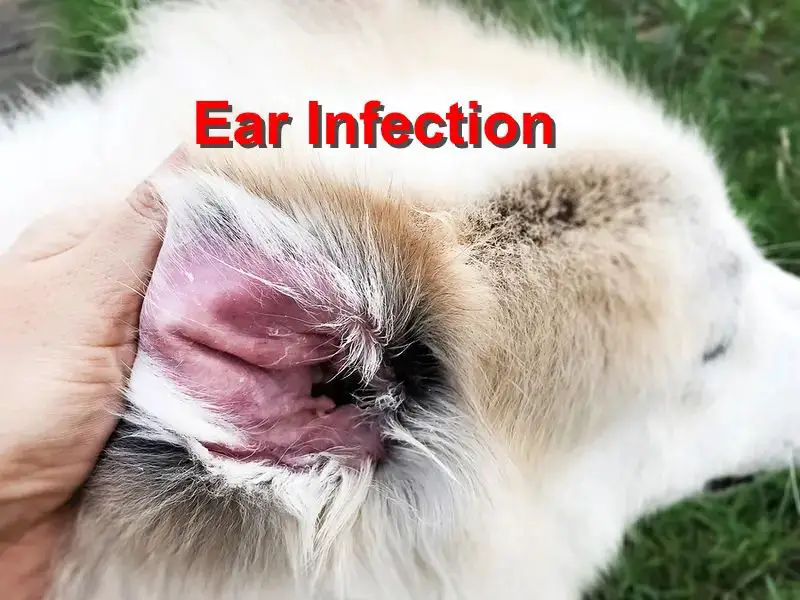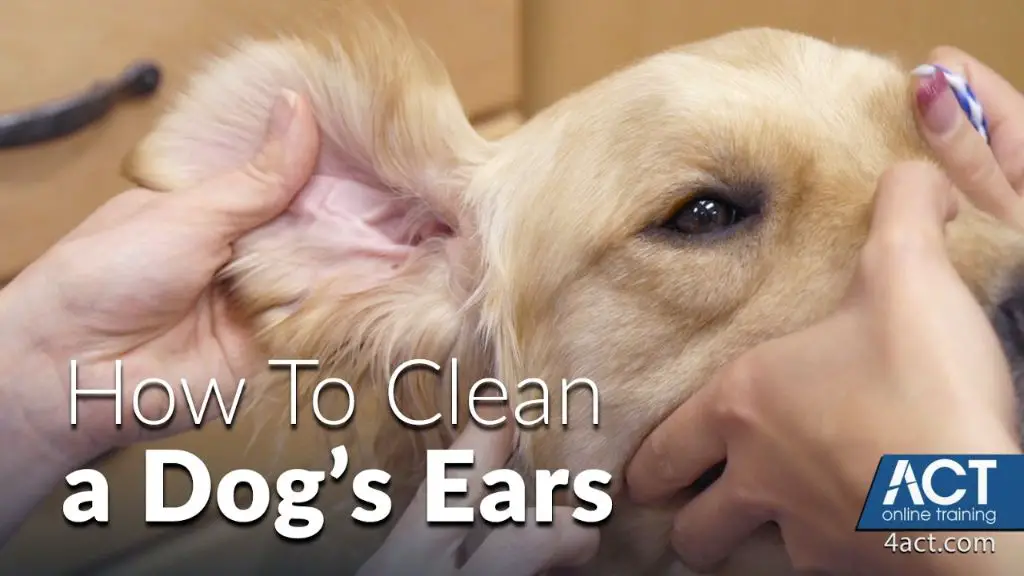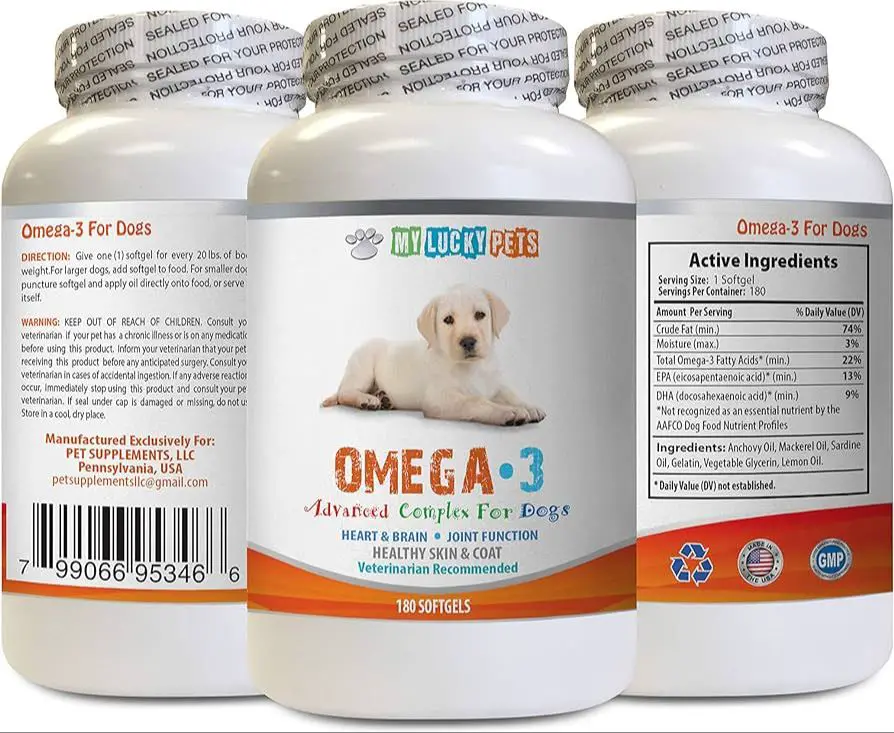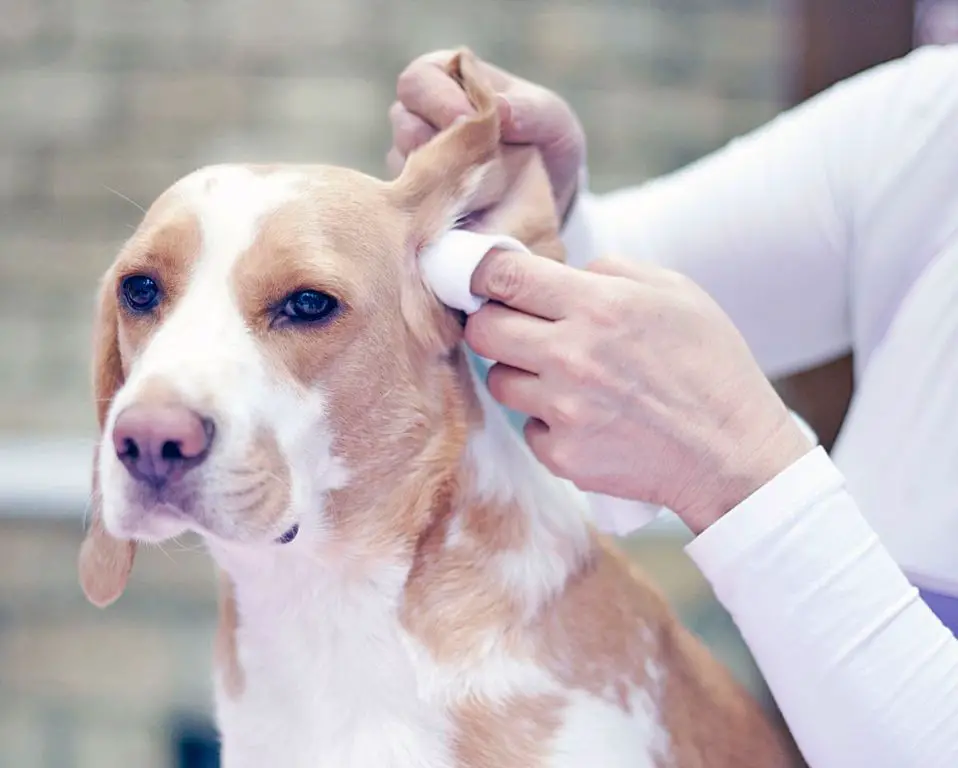Introduction
Keeping your dog’s ears clean is an important part of their hygiene routine. Dog ears can be prone to developing infections, especially breeds with floppy ears like Cocker Spaniels and Poodles. According to research from the Royal Veterinary College, one in every 14 dogs in the UK (7.3%) suffers from ear infection every year. Sixteen breeds have increased risk of ear infection compared with crossbreeds, including Poodles, Cocker Spaniels and German Shepherd Dogs.
Ear infections in dogs are most often caused by bacteria or yeast overgrowth. Both can cause inflammation and discomfort for your pet. Signs of an ear infection include head shaking, scratching or rubbing at the ears, odor and discharge. Left untreated, ear infections can worsen and lead to permanent damage.
While conventional treatments from your vet are often necessary for treating active infections, there are also some home remedies and lifestyle changes that can help prevent ear problems in dogs. This guide covers natural ways to clean dogs’ ears at home, remedies to treat infection, and tips to reduce future flare-ups.
Signs Your Dog May Have an Ear Infection
There are several signs that may indicate your dog has an ear infection. The most common signs include:

- Head shaking or scratching at the ears excessively (GoodRx, 2023). This is one of the most obvious signs of an ear infection in dogs. If your dog is constantly shaking their head or scratching at their ears, take a closer look inside the ear for redness or discharge.
- Discharge or debris in the ear canal (Ferguson Animal Hospital, 2023). Look inside your dog’s ears for any discharge, which may be yellow, brown, or bloody if the infection is severe. There may also be a foul odor.
- Redness or swelling (PetMD, 2023). The skin of the ear flap or inside the ear canal may become red, inflamed, or swollen if infected. This irritation signals an underlying problem.
- Pain or sensitivity around the ears. Your dog may cry or pull away if you try to touch their ears.
If your dog is exhibiting any of these signs, especially head shaking and ear scratching, they likely have an ear infection that requires treatment.
When to See the Vet
Ear infections that are severe or persist despite home treatment require medical attention from your veterinarian (https://www.petassure.com/new-newsletters/canine-ear-infections/). Signs that your dog’s ear infection has become severe include:
- Intense scratching, head shaking, or signs of pain/discomfort
- Redness, swelling, odor, discharge, or bleeding in the ear
- Loss of balance, nausea/vomiting, or neurologic symptoms
- Infection spreads to both ears or other parts of the body
You should also take your dog to the vet if the infection doesn’t clear up after 7-10 days of home treatment. Chronic or recurring infections may require prescription medication from your vet to fully resolve.
Allowing an untreated infection to worsen can be painful for your dog and may lead to permanent damage of the ear canal or eardrum. It’s important to follow up promptly with your vet if your dog’s ear infection seems severe or unresponsive to home remedies (https://leospetcare.com/services/pet-parent-library/blog/when-take-dog-ear-infection-vet-head-shaking/). With your vet’s help, your pup’s ears will be back to full health in no time!
Home Remedies to Clean Dog’s Ears

When cleaning your dog’s ears at home, it’s important to use gentle, natural cleansers that won’t further irritate your dog’s ears. Some home remedies vets recommend include:
Diluted Vinegar – Mix equal parts white vinegar and water. White vinegar has antibacterial and antifungal properties that can help clean debris and dirt out of your dog’s ears. Be sure to rinse your dog’s ears thoroughly after using vinegar, as the acidic pH can irritate your dog’s skin (source).
Saline Solution – An over-the-counter saline solution made for cleaning eyes can also be used to gently flush debris from your dog’s ears. Saline won’t irritate the delicate skin in the ear canal. Thoroughly flush the ears with saline solution and let your dog shake their head to remove excess liquid.
While home remedies can be helpful for minor ear irritations, it’s important to see your vet if your dog has signs of an active ear infection like head shaking, redness or swelling, or foul-smelling discharge. Your vet can properly diagnose and treat the infection.
Lifestyle Changes to Prevent Ear Infections
Making a few simple lifestyle changes can help prevent recurrent ear infections in dogs.
One of the most important things is to keep your dog’s ears dry, especially after activities where they may get wet. For example, after swimming or bathing, use a cotton ball or clean towel to gently dry your dog’s ears. Be sure to dry down into the ear canal as moisture trapped inside is a leading cause of infection.
Regular ear cleaning can also help prevent the buildup of debris and wax. Vets generally recommend once a week for dogs prone to infections. Use a quality dog ear cleanser and massage it into the ear gently before wiping clean with a cotton ball.
Avoid sticking objects into your dog’s ear canal and be very gentle when cleaning. Over-cleaning or being too rough can lead to irritation and inflammation. Follow product instructions carefully.
Trimming hair around the ears can also help improve airflow and ventilation according to the AKC (https://www.akc.org/expert-advice/health/tips-preventing-ear-infections/). Long floppy ears are more prone to trapping in moisture.
Keep your dog’s ears free of foreign material like foxtails or grass awns which can work their way deep into the canal and cause infection. Check ears after going outdoors.
By keeping your dog’s ears clean and dry, you can help prevent painful and frustrating ear infections.
Foods That Can Help Prevent Ear Infections
What you feed your dog can impact their chances of developing chronic ear issues. Certain nutrients and foods have been shown to reduce inflammation and support ear health. Feed your dog a diet rich in the following foods and nutrients:
Omega-3 Fatty Acids – Omega-3s are powerful anti-inflammatory agents that can reduce inflammation in the ears. Sources include fish, fish oil supplements, chia seeds, flaxseeds.
Vitamin E – An antioxidant that protects cells from damage. Found in seeds, nuts, spinach, broccoli.
Zinc – Supports immune function and wound healing. Beef, chicken, oysters are high in zinc.
Vitamin C – Boosts immunity and acts as an antioxidant. Citrus fruits, berries, tomatoes are rich sources.
Digestive enzymes – Improve nutrient absorption. Can give enzymes as supplements.
Feeding a nutritious whole foods diet with omega-3s, antioxidants, vitamins, and minerals can help reduce inflammation and prevent chronic ear issues in dogs. Talk to your vet about the best diet for your dog’s needs.

Herbal Remedies
Certain herbal extracts can help treat and prevent ear infections in dogs when applied topically. Two commonly used herbal remedies are:
- Mullein – This herb has natural antibacterial and antifungal properties that can help fight infection. A mullein extract can be diluted and applied directly into the ear canal. Be sure to only use extracts specifically formulated for pet use. According to the Natural Dog Health Remedies article, mullein may potentially reduce swelling and pain associated with ear infections as well (https://www.natural-dog-health-remedies.com/dog-ear-infections.html).
- Calendula – Calendula has antifungal properties and can help reduce inflammation. A diluted calendula rinse or oil can be applied to the outer ear and ear canal to support healing. The Volhard Dog Nutrition article notes calendula may also have mild anesthetic effects to reduce discomfort (https://www.volharddognutrition.com/blog/what-are-the-signs-of-a-dog-ear-infection/).
Always monitor your dog closely when using herbal remedies and discontinue use if any adverse reactions occur. For severe infections, veterinary treatment may still be necessary.
Essential Oils
Essential oils like tea tree oil contain powerful antimicrobial properties that can help fight infections in dogs’ ears (source). Tea tree oil contains terpinen-4-ol, which research shows can kill certain bacteria, viruses and fungi (source). When diluted and applied topically, tea tree oil may help combat yeast and bacteria in a dog’s infected ear.
Start by diluting tea tree oil with a carrier oil like coconut or olive oil. A good dilution is typically 3-5 drops of tea tree oil per teaspoon of carrier oil. Use a clean cotton ball to gently apply a small amount of the diluted oil into the infected ear. Spread the oil around the ear but avoid getting it down into the ear canal. Apply 1-2 times per day while the infection persists.
Other antimicrobial essential oils that can help clear up ear infections when diluted include oregano, thyme, melaleuca, and lavender oils. Always monitor your dog closely when using essential oils topically and discontinue use if any negative reactions occur.
When to Avoid Home Treatment
While mild ear infections can often be treated at home, there are times when it’s crucial to have your dog seen by a veterinarian. According to the ASPCA[1], home treatment should be avoided for severe infections and dogs with other medical conditions.
Signs of a severe ear infection that require veterinary attention include:
- Your dog is in extreme pain or cries when you touch their ears
- There is a foul odor coming from the ears
- Your dog has a history of chronic infections
- There is discharge, bleeding, or swelling of the ear canal
- Your dog has nausea, balance issues, or head shaking
- The infection persists longer than 1-2 weeks
Dogs with other medical conditions like diabetes, allergies, or immune system problems may also need to be seen by a vet for proper diagnosis and treatment. Home remedies could potentially aggravate the infection or underlying condition in these dogs[2].
If your dog is uncomfortable, the infection has lasted more than a week or two, or your dog has other medical problems, don’t delay in getting them veterinary attention. Trying to treat a severe infection at home could lead to complications or worsening of the condition.
Preventing Ear Infections
There are several steps you can take to help prevent recurring or chronic ear infections in your dog:
Regularly clean your dog’s ears to remove debris and wax buildup. Use a veterinarian-recommended ear cleanser and cotton balls to gently wipe out the ears once a week. Never use cotton swabs, which can damage the ear canal.

Always dry your dog’s ears thoroughly after swimming or bathing. Water trapped in the ear canal is a leading cause of infection. Gently blot out excess moisture with a towel or dry ear powder.
Feed your dog a balanced diet rich in nutrients like vitamin A, zinc, and Omega fatty acids. These can help promote skin and ear health. Consider adding fish oil or probiotic supplements if your dog is prone to infections.
Keep your dog’s ears free of hair that can trap moisture. Regularly plucking ear hair can help increase airflow and dryness.
Avoid irritants that could cause allergic reactions leading to infection. Things like pollen, mold, cigarette smoke, shampoos or medications could be problematic for some dogs.
Monitor for early signs of infection like odor, discharge or head shaking. Catching infections early allows for quicker treatment.
Talk to your veterinarian about prevention if your dog has chronic or recurring ear issues. They can recommend lifestyle changes and medications tailored for your dog.